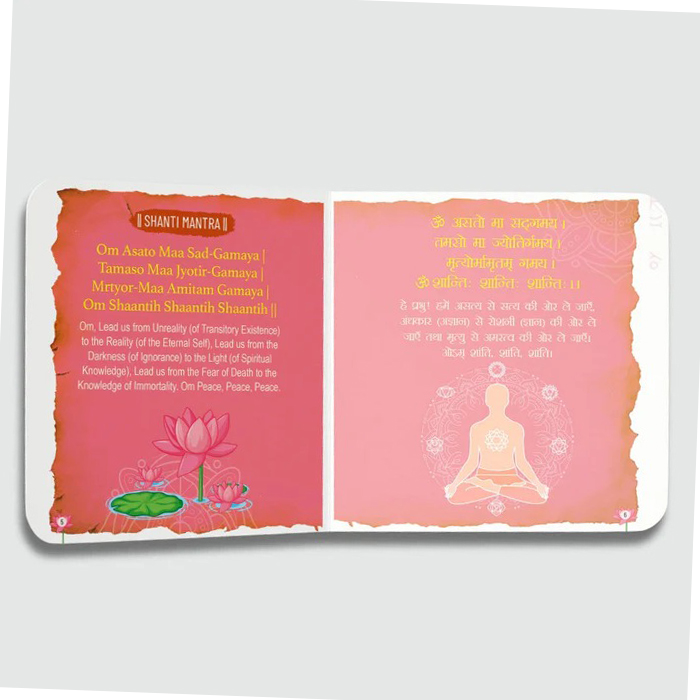
In a significant regulatory easing for non-polluting industries, the Center has announced that industries classified under the ‘White Category’ by the Central Pollution Control Board (CPCB) will no longer require prior approval from state pollution control boards to establish and operate. These approvals, known as ‘Consent To Establish’ (CTE) and ‘Consent To Operate’ (CTO), were previously issued by the state pollution control boards.
Under the new regulations, white category industries will no longer need these permissions, as they are now consolidated with the environmental clearance granted by the Ministry of Environment. Industries under this category are considered to have minimal or negligible pollution potential, such as biscuit tray manufacturing.
Must Read: Delhi Overtakes Lahore As World’s Most Polluted City With AQI Soaring To 418
In a gazette notification issued on November 12, the Ministry of Environment stated that industrial plants scoring up to 20 on the pollution index will be exempt from provisions under sub-section (1) of section 21 of the Air (Prevention and Control of Pollution) Act, 1981, provided they notify their respective State Pollution Control Boards or Pollution Control Committees in writing.
Additionally, plants with prior environmental clearance under the 2006 notification (S.O. 1533(E)) issued by the former Ministry of Environment and Forests are also exempt from the ‘Consent to Establish’ requirement for their ongoing operations.
Must Read: Wanted Shooter ‘Mogli’ Arrested By Special Cell In Delhi
This exemption particularly benefits industries classified under the CPCB’s White Category, which includes operations deemed to have minimal or negligible pollution potential. The 2016 classification lists 39 sectors within this category, including air cooler assembly, electric lamp manufacturing, solar module assembly, fly ash brick manufacturing, and electric motor and generator repairs.
These industries primarily involve dry, mechanical, or non-emission processes, aligning with sustainability goals and a minimal environmental footprint.
Also Read: SC Issues 15 Guidelines On Bulldozer Action | Key Details















